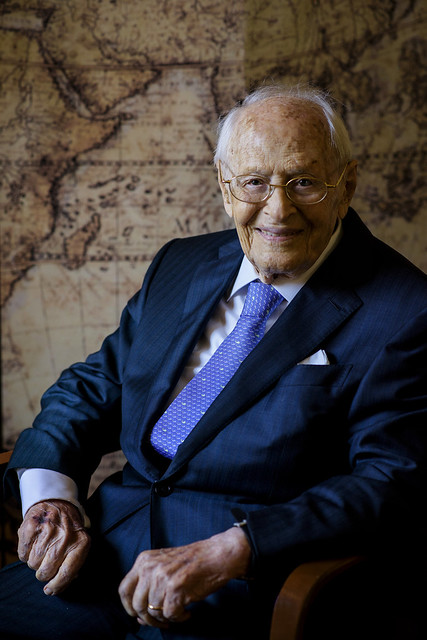Rosenkranz Prize Symposium celebrates young Stanford researchers improving health in developing countries
Rosenkranz Prize Symposium celebrates young Stanford researchers improving health in developing countries

Ponte a prueba. Put yourself to the test.
As he explained during the recent Rosenkranz Prize Symposium, Stefano M. Bertozzi used this slogan to promote health reform in the Mexico City prison system. By encouraging inmates to step up and get themselves tested for HIV and other chronic illnesses, Bertozzi, dean and professor of health policy and management at the UC Berkeley School of Public Health, was able to decrease the spread of illnesses in Mexican prisons and the surrounding communities.
The Rosenkranz Prize Symposium celebrated research projects that—like Bertozzi’s—address the health care needs of the world’s most vulnerable populations. With support from the Rosenkranz Prize for Health Care Research in Developing Countries, Stanford scholars have stepped up to tackle health issues in regions in need.
Since 2010, the award has funded six young Stanford researchers who aim to improve health in developing countries. The symposium celebrated their achievements.
The award honors the work of Dr. George Rosenkranz who spent his career reducing health disparities around the globe. Rosenkranz, who was the first to synthesize cortisone and the active ingredient in the first oral contraceptive, also celebrated his 100th birthday at the symposium.
Producing research that will increase care for vulnerable populations globally is the ultimate goal of the Rosenkranz Prize.
Andrés Moreno-Estrada, the 2012 winner, has used the award to study genetics in Latin American and Caribbean populations, aiming to increase knowledge of potential genetic illnesses. He said, “The Rosenkranz Prize is a clear, important step forward to demonstrate that we can do cutting edge science in developing countries that is of international relevance.”
Other winners include Eran Bendavid, Sanjay Basu, Marcella Alsan, Jason Andrews and Ami Bhatt. Their projects range from the effect of AIDS relief efforts on health care delivery to the treatment of diabetes in India to low-cost diagnostic tools for regions lacking infrastructure.
“I can’t think of a better way to celebrate (my father’s) birthday than listening to the bright future of science,” said Ricardo T. Rosenkranz, son of Dr. George Rosenkranz and a prize donor. “We can’t wait to hear what the next Rosenkranz Prize winners tell us.”

